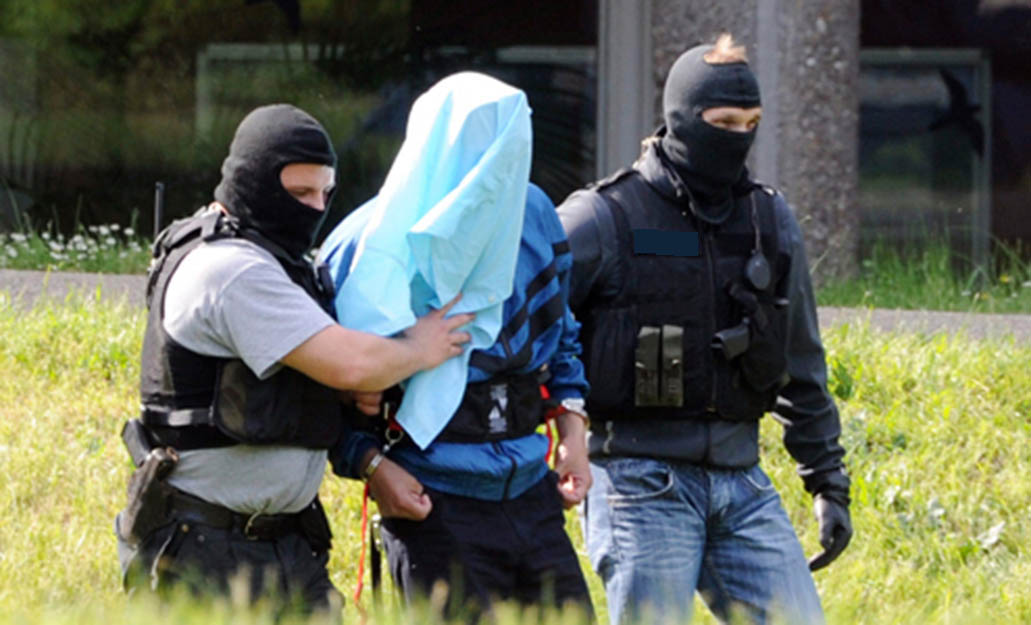Terrorism constitutes one of the most serious threats to international peace and security. This represents one of the greatest violations of human rights and fundamental freedoms, as well as of the main principles of democracy and respect for the rule of law.
Terrorism is a crime that must be prosecuted through criminal justice systems and with all the guarantees of a just process within the framework of the rule of law. The fight against terrorism and strict respect for human rights are two goals that must both strengthen and complement each other.
The decline of the central core of Al Qaeda and the elimination of many of the groups’ leaders, particularly Osama Bin Laden, should not in any way lead us to the conclusion that terrorism is losing ground. We are witnessing a proliferation of offshoots and splinter groups of international Jihadism that, to varying degrees, and to a greater or lesser extent, lead by, coordinated by or inspired by the group or the spirit of Al Qaeda, continue to project their murderous barbarism in many areas of the world. The threat is universal and includes, in addition to international Jihadism, so-called international “anarchist terrorism”, otherwise known (according to EUROPOL terminology) as ethno-nationalist or separatist terrorism, actions by so-called “lone wolves”, etc.
Terrorist groups are modifying their methods of organisation and operation, trying to take advantage of the weaknesses of States and resorting to modern information technologies to increase the impact of their attacks. These groups also take advantage of the existence of areas in some States that are outside the control of public authorities. Terrorists use these “safe havens” to organise themselves, train and plan attacks both on the States where they are located and in other parts of the world.
The Ministry of Foreign Affairs and Cooperation undertakes an on-going analysis of the phenomenon of international terrorism, proposes and defines different actions to tackle this threat and actively takes part in the main international forums at which this problem is tackled (coordinating the Spanish State’s institutional representation with the rest of the ministries and public bodies).
Cross-border organised crime
There are growing ties between terrorist groups and cross-border organised crime, as was made clear by the High-Level Panel on Threats, Challenges and Change, in its report entitled “A More Secure World. Our Shared Responsibility”, issued in 2004. These ties have meant that the fight against terrorism is also linked into the fight against illegal trade which helps fund terrorism.
Spain has woven together an extensive network of bilateral agreements around the world in different areas related to organised crime, with agreements signed with Albania, Algeria, Brazil, Bulgaria, Cape Verde, Cameroon, the Ivory Coast, People’s Republic of China, Cyprus, Croatia, the Slovak Republic, the United States, France, Israel, Jordan, Latvia, Lithuania, Mali, Morocco, Poland, Portugal, Qatar, Rumania, Russia, Senegal, Serbia, Turkey and Ukraine.





